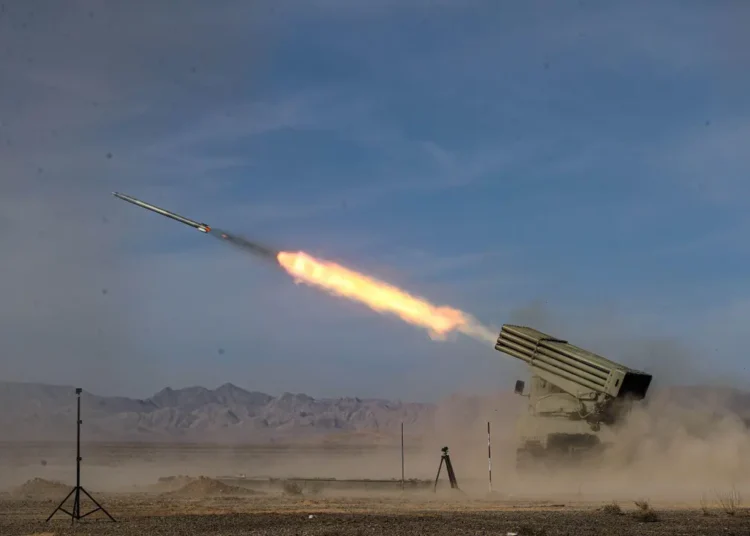Iran’s recent drone and missile attacks on alleged Jaish al-Adl bases in Pakistan have escalated tensions between the two neighboring nations. The strikes, which Iran claims targeted two important headquarters of the Jaish al-Adl terrorist group, come on the heels of similar attacks by the elite Revolutionary Guards against targets in Iraq and Syria. The incidents have prompted a strong response from Pakistan, condemning Iran’s “unprovoked violation of its airspace.”
The Jaish al-Adl, designated as a “terrorist” organization by Iran, is a Sunni militant group operating in Iran’s southeastern province of Sistan-Baluchistan. Formed in 2012, the group has a history of launching attacks on Iranian security forces and has been involved in several clashes in the region. In December, Jaish al-Adl claimed responsibility for an attack on a police station in Sistan-Baluchistan that resulted in the deaths of at least 11 police personnel.
The recent cross-border attacks by Iran have raised concerns about the potential consequences for regional stability. Pakistan has vehemently protested Iran’s actions, calling it a clear violation of its sovereignty. The Foreign Office of Pakistan issued a statement expressing its “strongest condemnation” and warning that such unilateral acts are not in conformity with good neighborly relations and can seriously undermine bilateral trust and confidence.
While Pakistan did not specify the location of the attack in its official statements, reports suggest that the targeted bases were in Balochistan. The province, which shares borders with Iran and Afghanistan, has witnessed clashes between Iranian security forces and Sunni militant groups like Jaish al-Adl, as well as activities related to drug smuggling.
Iran’s claim that it destroyed two significant Jaish al-Adl bases in Pakistan has not been independently verified. Videos circulating on social media purport to show damaged houses, with some claims that two children, aged 8 and 12, were killed in the attack. However, the authenticity of these claims remains uncertain.
The situation has prompted Pakistan to call upon the Iranian charge d’affaires to express its condemnation and seek an explanation for the incursion. The official statement from Pakistan warns of potential consequences, emphasizing the need for coordinated action against terrorism, which it considers a common threat to all countries in the region.
The cross-border tensions come at a time when the region is grappling with various security challenges, including the activities of militant groups, border disputes, and geopolitical rivalries. The attacks by Iran on alleged Jaish al-Adl bases mark a significant development in the complex dynamics of the region, raising questions about the motives behind such actions and the potential fallout.
As both Iran and Pakistan navigate the aftermath of these events, the international community will be closely watching the situation. The incident underscores the delicate balance of power in the region and the need for diplomatic efforts to address longstanding issues and prevent further escalation. The coming days will likely see increased diplomatic engagements and efforts to de-escalate tensions between the two nations.
It is crucial for both Iran and Pakistan to prioritize dialogue and diplomatic channels to address their differences and avoid further destabilization in the region. The international community, including neighboring countries and global powers, may play a role in facilitating constructive conversations and promoting regional peace and security.
As details about the cross-border attacks unfold and investigations are conducted, the situation remains fluid. The repercussions of these incidents could extend beyond the immediate bilateral relations, impacting regional dynamics and influencing geopolitical alignments. The need for transparency, restraint, and diplomatic resolution becomes paramount to ensure the stability of the region amid these challenging circumstances.














